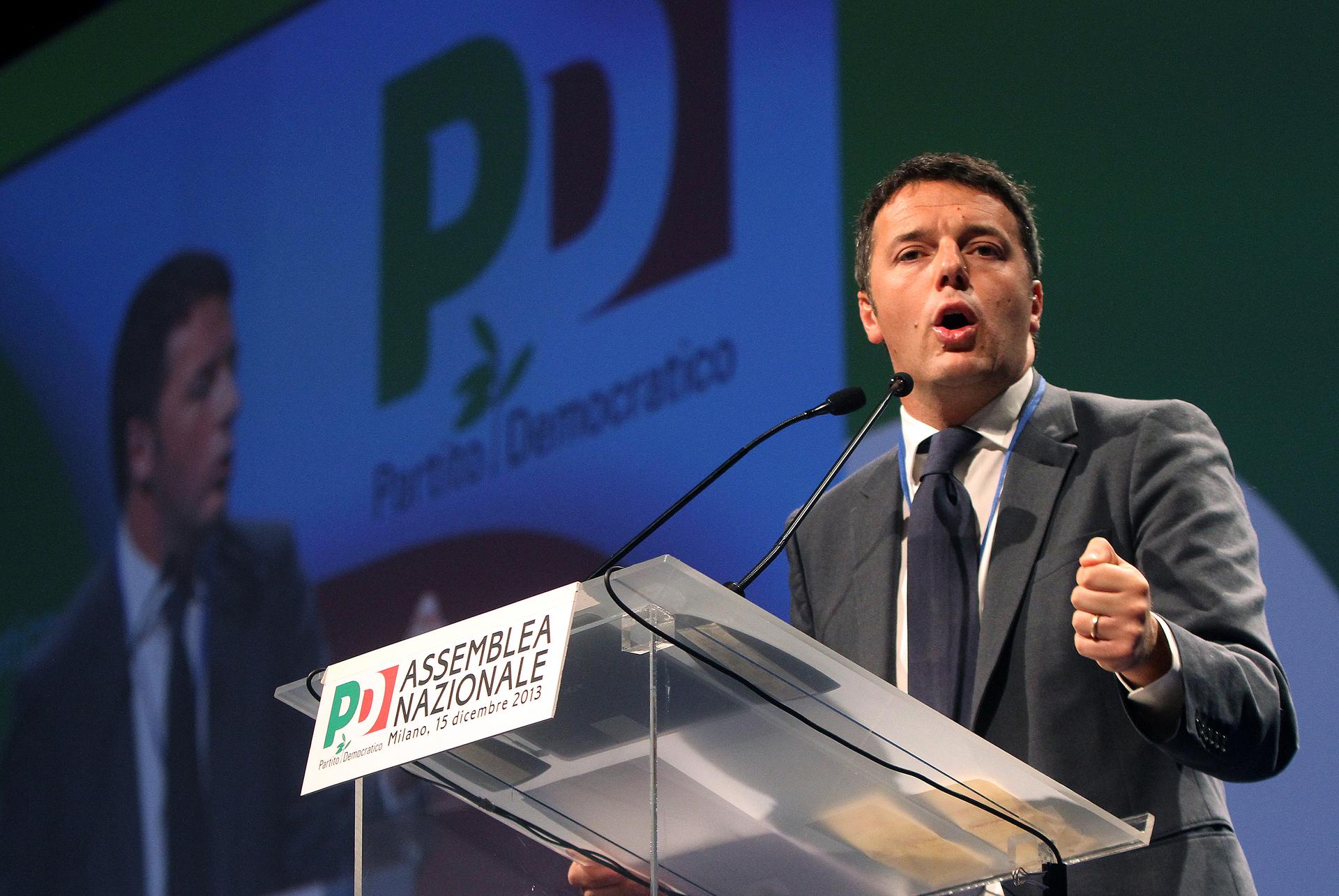The Italian government collapses. Again.
Matteo Renzi looks set to become Italy’s new Prime Minister
It's hard to imagine a democratic political system as different to America's as the one in Italy. The government there collapsed Thursday and a new administration should be installed in a day or two. Voters will not have a say in it.
The administration of Enrico Letta lost the support of the Democratic Party. Letta's erstwhile political partner, Matteo Renzi, looks set to become the new prime minister.
Renzi is young — age 39 — dynamic and considered a standard bearer of change. He's currently mayor of Florence.
"The real surprise is that Matteo Renzi has decided to step into the position without an election," says Roberto D'Alimonte, professor of political science at the Guido Carlo University in Rome. "Holding an election was his first choice. Now he has changed the game plan."
D'Alimonte says Renzi has been an advocate for politicians having a popular mandate. This is the third new government since the downfall of Silvio Berlusconi just three years ago. During that time, there's only been one election.
Italy can switch the government without an election because of its parliamentary system. D'Alimonte explains that "members of parliament choose the government [while] voters choose the members of parliament. So members of parliament can change the government, if they wish."
This also happens in other countries with parliamentary systems. In Italy, it seems to happen a lot.
Reactions among Italian citizens are mixed, says D'Alimonte. Many of Renzi's own supporters are disappointed that he did not call an election, as he seemed to have promised. "If he does not now deliver the change he has promised," D'Alimonte says, "his political career will be very short."
